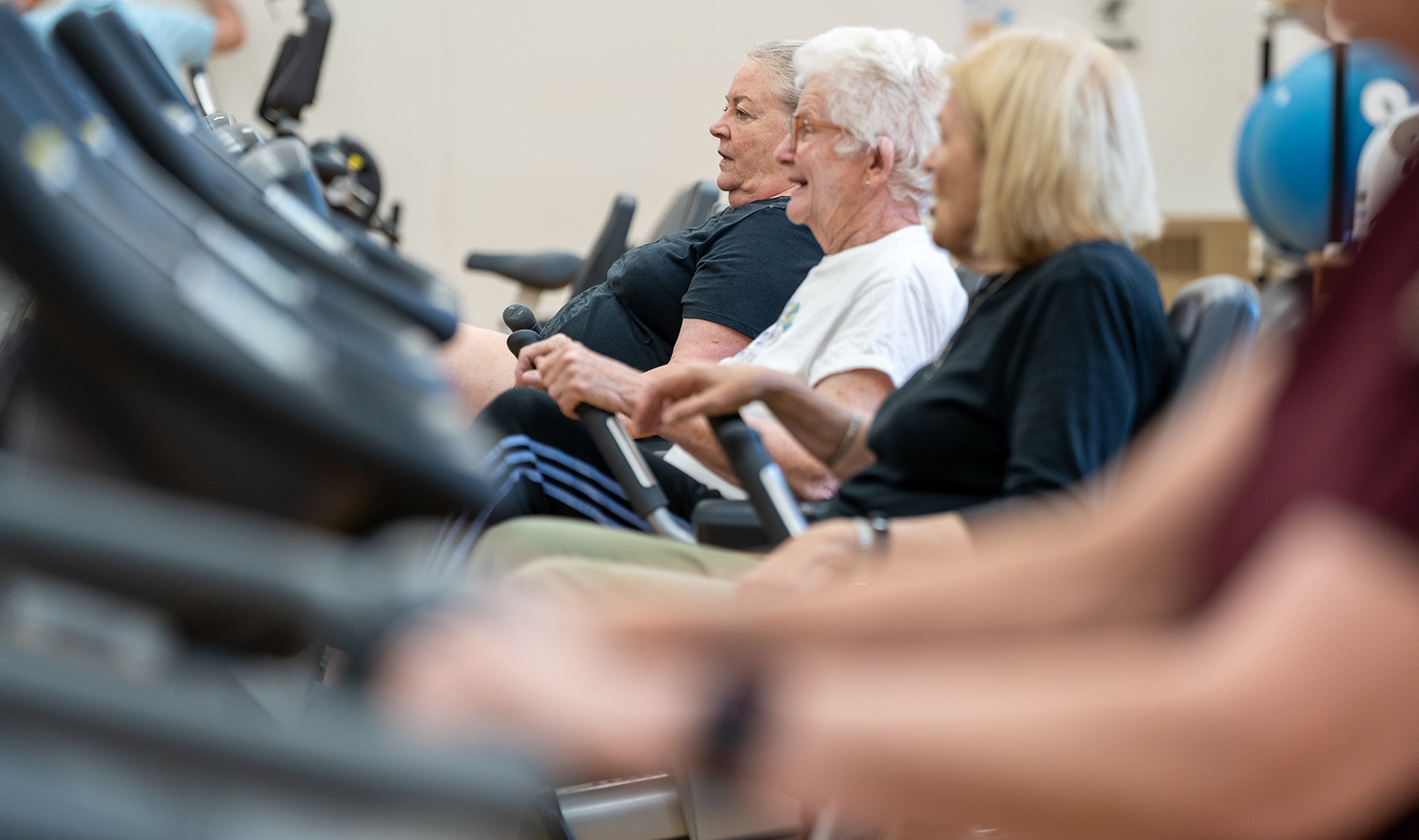
​Published: June 3, 2020
The Bottom Line
- There has been a strong trend towards stigmatization of older adults and intergenerational divisions since the beginning of the pandemic.
- Social stigma can undermine social cohesion, cause possible isolation of certain groups, and lead to more serious health problems and difficulty in controlling pandemics.
- You can do your part to fight social stigma during the COVID-19 pandemic, by using the right terms to talk about older adults, spreading the facts about the virus, encouraging greater social cohesion, and supporting intergenerational solidarity.
The current COVID-19 pandemic has caused a social stigma towards various groups, including people of Asian descent (several individuals and public figures tried to blame them for the COVID-19 pandemic); people in close contact with the virus (such as healthcare workers in long-term care facilities that have been severely affected by the pandemic); but also older adults.
The McMaster Optimal Aging Portal (mcmasteroptimalaging.org), a unique online health resource created by McMaster University to support the healthy aging of Canada’s older adult population, is highlighting ways to stay active and engaged while practicing physical distancing during the current COVID-19 pandemic.​ Read more.

